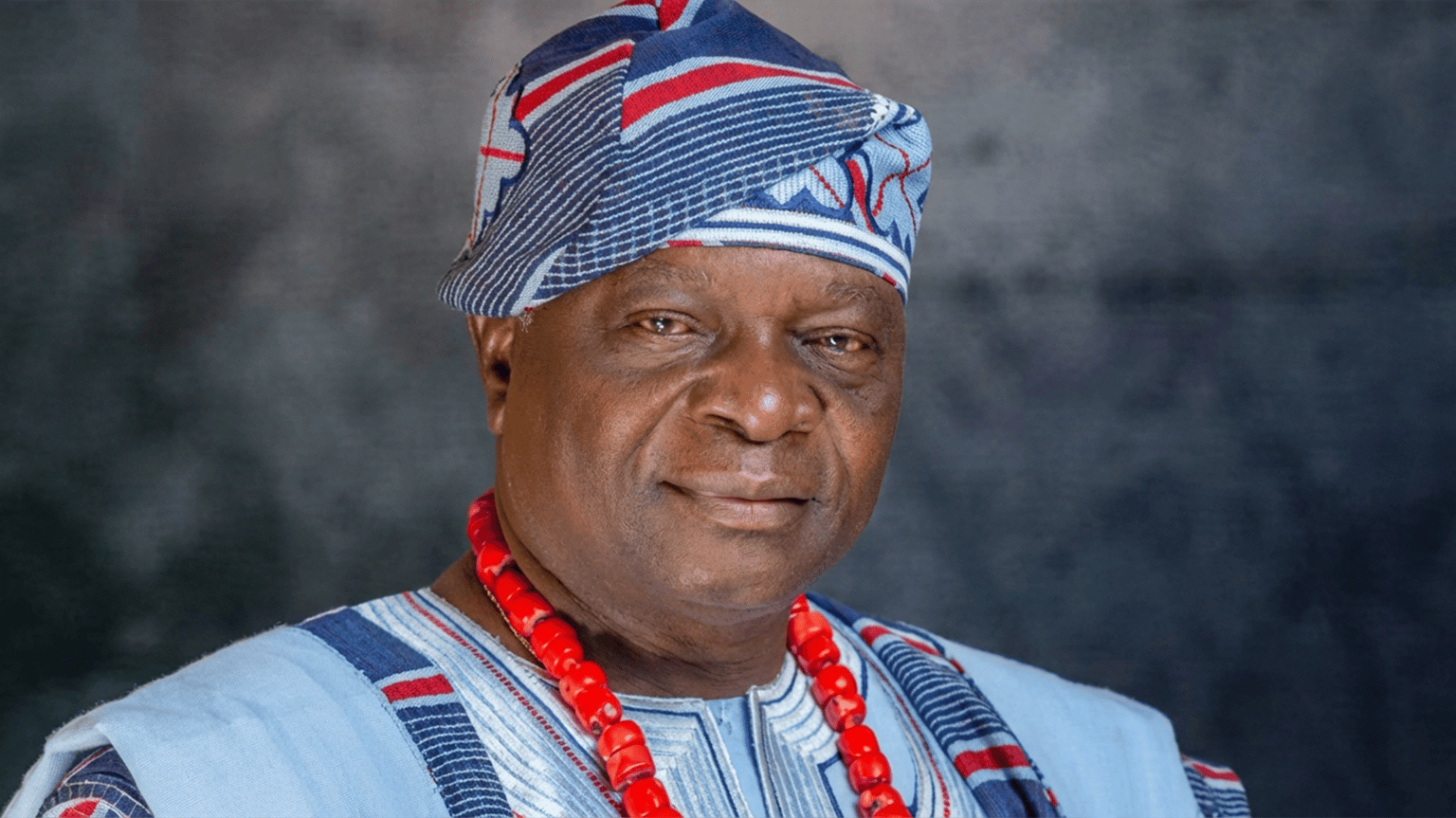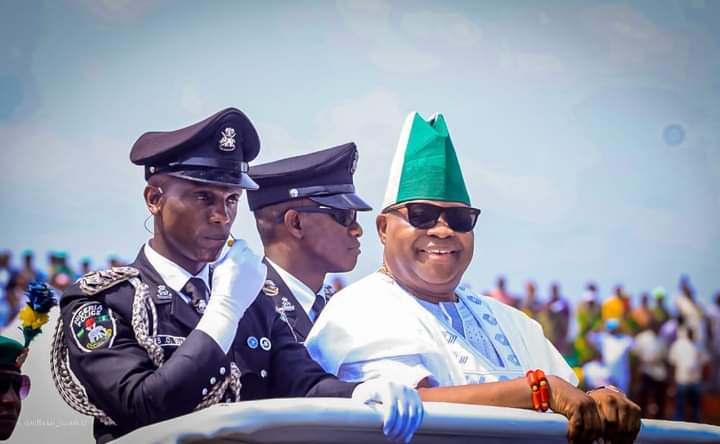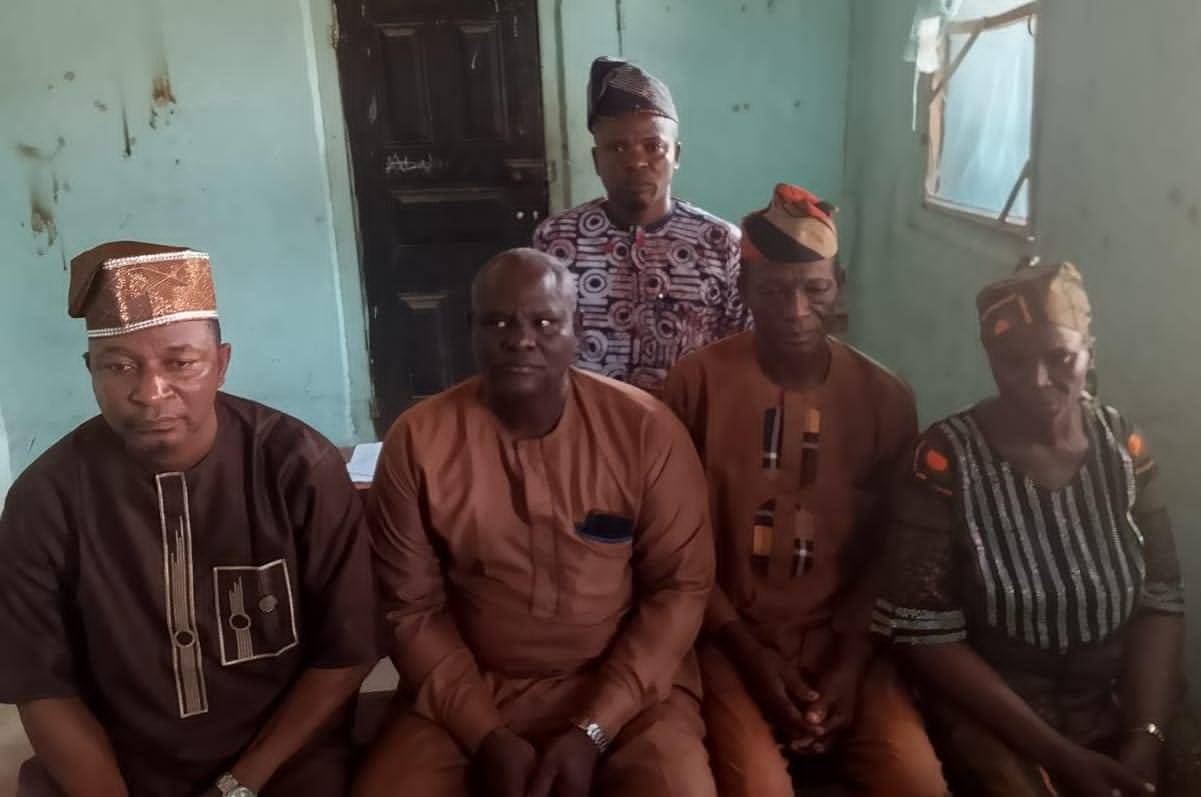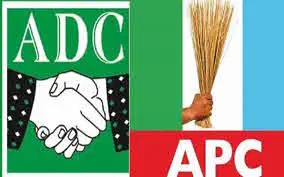Expanding voting rights – Tribune Online
[ad_1]
THE society, technology and the entire youth populace have evolved. They are no longer what they used to be in decades past, thanks to sociopolitical developments and the advancement in information and computer literacy. At 16 years of age, today’s youth are already mature enough to make informed choices about issues affecting their lives and to engage in the political system through the electoral system. Today, unlike previous generations, young people are much more informed. They, for example, undertake courses such as civics and social and political education in school. Unlike previous generations who may only have had access to local and national media, today’s youth have access to the web where they can get information and engage in discussions on a wide range of non-political and politics issues. In today’s world, some teenagers graduate from universities at the age of 19. Every teenager knows the effects of ASUU strikes on the academic performance of students. Every teenager knows the effects of bad leaders/leadership on the development of the nation. Some teenagers are now owners of small businesses and are the breadwinners of their families.
At 15/16 years, some complete secondary school education; seek full time employment and, at the same time, remit tax to the government, so why shouldn’t they be entrusted with their civic responsibility of voting their leaders? In addition, Section 60(2) of the Nigerian Labour Act states that: “Young persons over the age of sixteen years may be employed during the night in the following industrial undertakings or activities which by reason of the nature of the process are required to be carried on continuously day and night, that is to say: a) in the manufacture of iron and steel, in processes in which reverberatory or regeneratory furnaces are used and in the galvanizing of sheet metal or wire (except the pickling process); b) glass works; c) manufacture of paper; d) manufacture of raw sugar; and e) gold mining reduction work. In terms of Leadership,they have been coaches as class representatives of their course , and members of the students union board of their prospective institution.”
Before age eighteen, they are great innovators and inventors. They are people with great potential and possess high level of maturity and leadership.
Furthermore, the Nigerian labour laws allows the full employment of young men above 15 years of age in commerce and industrial undertakings. Section 59 (2) of the Nigerian Labour Act holds that: “No young person under the age of fifteen years shall be employed or work in any industrial undertaking.” Psychologically, they now know the difference between the right and wrong. Despite this, they are still exempted from performing their civil and constitutional rights of this country which is voting, choosing a good leader for their country due to the age barrier/constraint. This category of teenagers who are not up to 18 years are witnesses/victims of flood, high rise inflation, bad roads, epileptic power supply, decadent of education system and inept governance generally. This category who are not up to 18 years are already paying taxes from their money made from entrepreneurship and self employment yet they can’t vote. They are being gathered at campaign grounds yet they are being denied voting rights. As teenagers, they are eligible to attend political rallies and shout party slogans.
ALSO READ FROM NIGERIAN TRIBUNE
The under-18 Nigerians are victims of inept leadership, ritual killings, scamming, fraudsters, armed robbers and killers as being reported almost every time by the mass media. At this point, it is apt to ask why the government cannot let them direct their energy to voting a good leader who will eradicate corruption, poverty, and provide them a standard education, social and infastructure? On this note, I am urging lawmakers to amend the constitution to allow people from the age of 16 to start voting and have a say in the choice of leaders of the country because they are also victim of misgovernance even if they might not be able to be voted for. Nigeria, like most countries in the world, has set a minimum voting age in her Constitution. Section 117 (2) of the 1999 Constitution provides that: “Every citizen of Nigeria, who has attained the age of eighteen years residing in Nigeria at the time of the registration of voters for purposes of election to any legislative house, shall be entitled to be registered as a voter for that election.”
Also, the Nigerian Electoral Act, 2010 holds in section 12 (2) that: “A person shall be qualified to register as a voter if such a person has attained the age of 18 years.” However, like the spirit of “not too young to run” which has necessitated the NASS to reduce the qualifying age to contest in an election as the President, member of House of Reps or House of Assembly from 40 and 30 to 35 and 25 respectively, debate is currently under way in many countries to reduce the voting age to 16. Indeed, some countries in the world today have already adopted same policy. It should be noted that if this action is taken, Nigeria won’t be the first or last country taking this step. Countries before us would have taken it and in the same vein, countries after us will.
- Abubakar is a student of Summit University (SUN), Offa, Kwara State.
[ad_2]















Post Comment